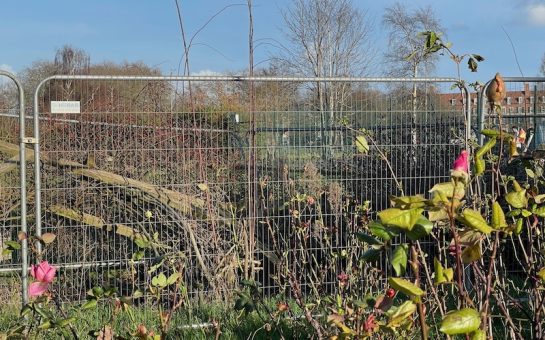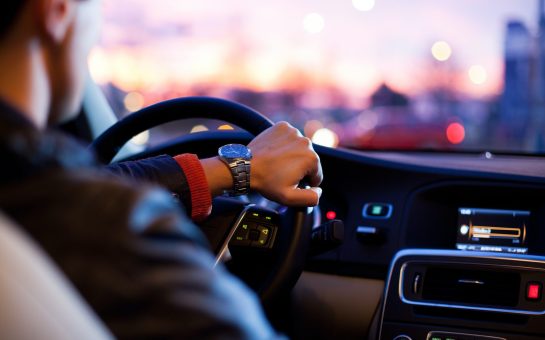100 days after the tragic death of Sarah Everard, a guilty plea serves only to confirm fears women have been feeling more strongly than ever.
Everard went missing from Clapham Common on 3 March, and this week, PC Wayne Couzens has pleaded guilty to her kidnap and rape.
Today, Friday 11 June, marks 100 days since her death and since then, many young women travelling around London, like myself, have experienced a heightened fear of potential danger.
Charlotte Farmer, 22, lives in Clapham – where Ms Everard went missing in March 2021 – and describes a frustration, familiar to many women, with needing to always have her guard up.
“I have definitely been more cautious since it happened, calling people when I walk to places,” she said.
“It’s a reminder that even when you do everything right, it’s still out of your control.”
This week also sees the beginning of the trial into the deaths of sisters Bibaa Henry and Nicole Smallman in London last year. Two police officers have been charged with misconduct in public office for photos they took upon finding the women’s bodies.
Safe and the City is a data insights provider specialising in urban safety, and their CEO Jillian Kowalchuk noted a spike in downloads of their safe navigation app after Ms Everard’s disappearance.
She said: “We have seen a lot more engagement from our users [since March], as well as businesses coming and wanting to work with us or sharing more about the things they are currently working on.
“In people’s minds, there has been a big shift towards recognising that women might feel vulnerable on their commute, which wasn’t highlighted as much before.”
The app uses crowdsourced information to monitor emerging risks, and wants to see other platforms (such as delivery apps or dating apps), as well as councils and urban planners, using this sort of data to provide better safety functionalities.
“These might not be crimes per se, but they are indications of a much bigger problem that can actually escalate to something as serious as what happened to Sarah,” Kowalchuk said
This shift reflects the increased anxiety felt by many women, particularly those travelling around towns and cities, in the past 100 days.
Some practical changes have been made to improve safety. Number 10 quickly announced £25m for better lighting and CCTV, and Lambeth Council installed additional lighting on Clapham Common last month.
However, there remains a long way to go; this week’s developments in the case of Ms Everard highlight the fact that this anxiety is by no means unfounded.
The threat remains especially high for marginalised communities including black, Asian and trans women, whose cases consistently lack the same publicity and outcry. Nicole Smallman, Bibaa Henry, Blessing Olusegun and Naomi Hersi should, too, be household names.
Data from the Mayor of London’s office in 2019 indicates that black women are overrepresented amongst victims of sexual offences and domestic abuse, whilst ONS data this year shows that killings of black people in England and Wales is at the highest level for nearly two decades.
Kowalchuk said she remains hopeful: “If designed correctly with representatives and creators from different communities, we can start accelerating the technology tools and solutions, and make sure that violence isn’t tolerated.”




